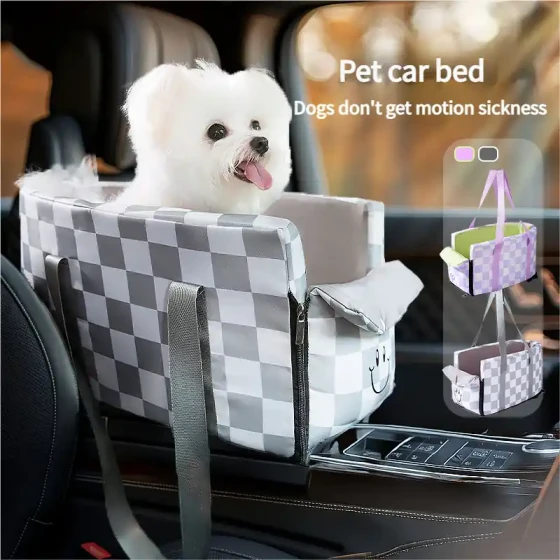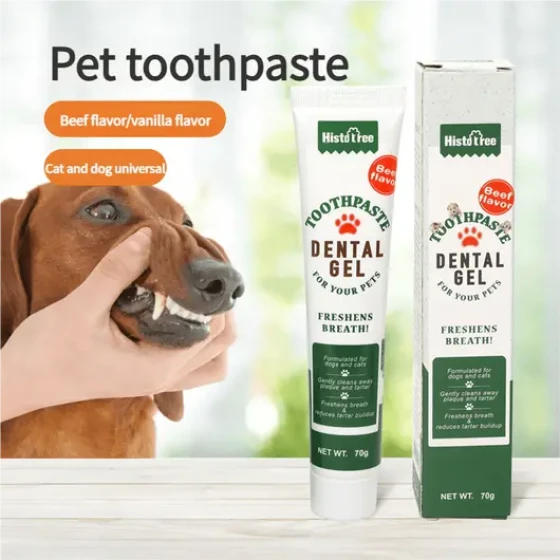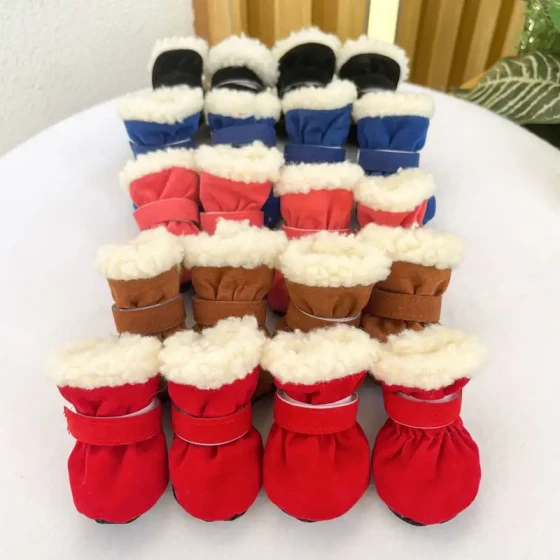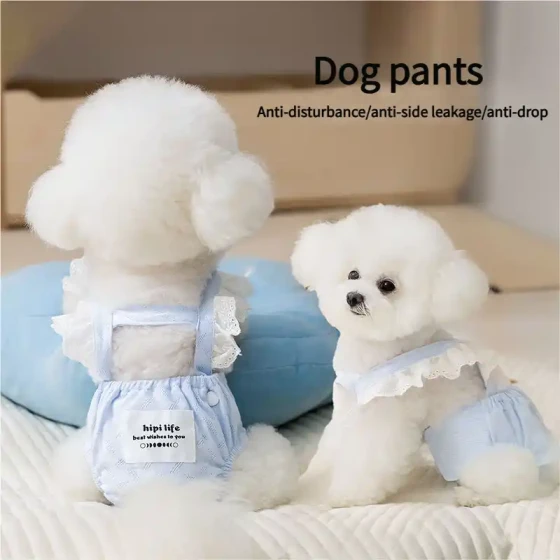Feeding Key Points for Border Collies

Border Collies rank first in canine intelligence, receiving much praise from pet lovers, which results in relatively high prices on the market. Yet many people still buy and raise them. We must know that no matter how intelligent a dog is, it needs a healthy diet and proper training and nurturing. So how should the most reasonable diet for Border Collies be arranged?
1. Feeding Frequency and Time
The approximate feeding frequency per day is as follows: after weaning to three months old: three to four times; three to six months old: two to three times; six months to one year: twice; over one year: one to two times. Feeding times can be aligned with your schedule, but feeding alone is not enough; you also need to consider time for walking your Border Collie after meals, bathroom breaks, cleaning the litter box, and washing dishes. After meals, wash the bowls immediately to avoid leftover food attracting rats, cockroaches, ants, or spoiling from exposure to sun and rain. Also, put the bowls away so your dog won’t play with or chew them out of boredom. For the amount to feed, usually follow the instructions on the package, then adjust according to whether any food was left from the last meal.
2. Considerations for Buying Imported Food
When buying imported pet food, try to find products with Chinese instructions and that include the importer’s company name and phone number. Because canned and dry food shipped across the ocean may be past the expiration date or have strange odors, mold, dampness, or insects, you should immediately request returns or exchanges without hesitation. After opening, storage must be proper: cans in the refrigerator, dry food sealed tightly. For the first purchase, don’t buy too much; buy two or three kinds in small amounts to observe your Border Collie’s reaction, including palatability, digestion, absorption, and stool form. Every brand claims their product is the best and affordable, but you may consult a vet or experienced people before deciding.
3. How Much to Feed Is Appropriate
Feeding Border Collies should only be to seventy percent full; don’t overfeed. Let them lick the bowl as if they want more; if they get overfed and run and jump after meals, they might vomit undigested food. Border Collies confined in cages most of the time see meals as rare entertainment and may act extremely hungry, but don’t be deceived into thinking they are truly starving. If a Border Collie frequently doesn’t eat enough, lacks activity, and has poor stools, it might be ill and should see a vet. When switching dog food, don’t change completely at once; mix half new food with the old food for two to three days, gradually increasing the new portion, then fully switch after a week. This way the digestive system can adjust to prevent diarrhea. Many people think Border Collies must gnaw on bones, but chewing bones can easily block their intestines, cause constipation, vomiting, and poor appetite. Especially chicken bones are a big no; they are small and brittle, easily lodging in the esophagus or puncturing the gastrointestinal tract. Always provide plenty of fresh water during feeding. No need for distilled or boiled water; their stomachs don’t mind. In short, fixed time, quantity, and place feeding make your young Border Collie happy and the whole family joyful.
People with no prior experience often ask what to feed Border Collies and how. In the past, Border Collie foods were unavailable commercially, so owners mostly fed leftovers or chicken meat and necks to save money though inconvenient. Now there is a wide variety of both domestic and imported Border Collie foods at reasonable prices, very convenient.
4. Types of Border Collie Food
Border Collie food mainly comes in dry kibble and canned types, plus treats such as large biscuits, deodorizing biscuits, beef jerky, etc. Various brands have roughly similar nutritional content; higher prices often reflect special food formulas targeted at different ages and breeds, so it’s good to compare beforehand. According to growth stages, feed your dog food suitable for its age: puppy food for puppies, adult food for adults, senior food for seniors, fat-control food for overweight dogs. Do not mix to avoid excessive weight or extreme thinness. Dry food has more stable and average nutrition. Chewing dry food helps remove tartar and relieve itching. But if your Border Collie has urinary stones, avoid dry food unless it is a prescription formula targeting stones. Canned food quality varies by price. Expensive ones use better ingredients; cheaper ones often contain many unground organs. The advantage is vitamins are less likely to be lost and are more palatable; the downside is more meat increases the smell of stools and long-term eating can cause tartar buildup. Dry food is less tasty than canned but is easier to digest and results in less stinky stools.
Treats can be used during daily and basic training as rewards when the Border Collie does well. Avoid frequently giving people snacks as they can spoil the appetite—gum, ice cream, cakes, and sweets should be avoided as they cause tooth decay, upset stomachs, and weight gain. Too much sweet food often results in the Border Collie losing appetite for main meals.
5. Different Breeds Have Different Portions
Newborn Border Collies drink mothers’ milk; when they begin to grow teeth and wean, start feeding them liquid food such as meat canned food mixed with warm water or puppy kibble softened with hot water. At two months old, they can begin eating puppy Border Collie food.
Large Border Collies grow fast and are big; you can add supplements like calcium powder to meals but must follow vet instructions and package recommendations strictly. Some people raising large fighting Border Collies feed them raw meat to accustom them to blood, which is very dangerous because uncooked meat may harbor risks. Also, when they get accustomed to raw meat, if owners forget to feed or abandon them, these dogs can become threats to people. Many Border Collie attacks on people originate this way.
Raising Border Collies requires seriousness. Don’t be enthusiastic mostly during play but lazy or careless at feeding time, giving leftover soup or cheap canned food. Long-term feeding like that will upset the dog’s digestive system. Cheap canned food often has excessive liver content, which causes tartar buildup after prolonged eating. In summary, when feeding Border Collies, you must be attentive; a balanced diet is the key to healthy growth.





